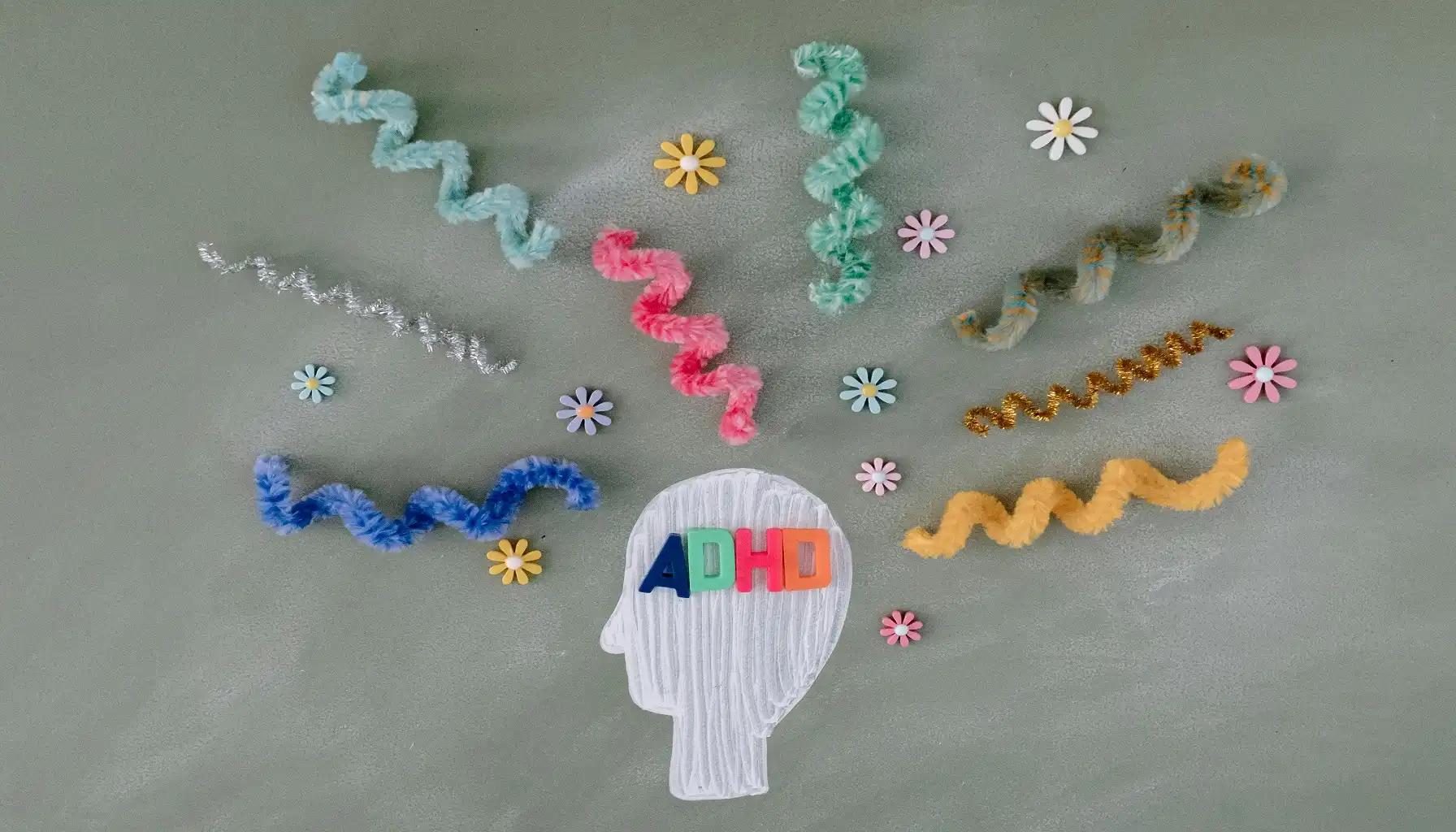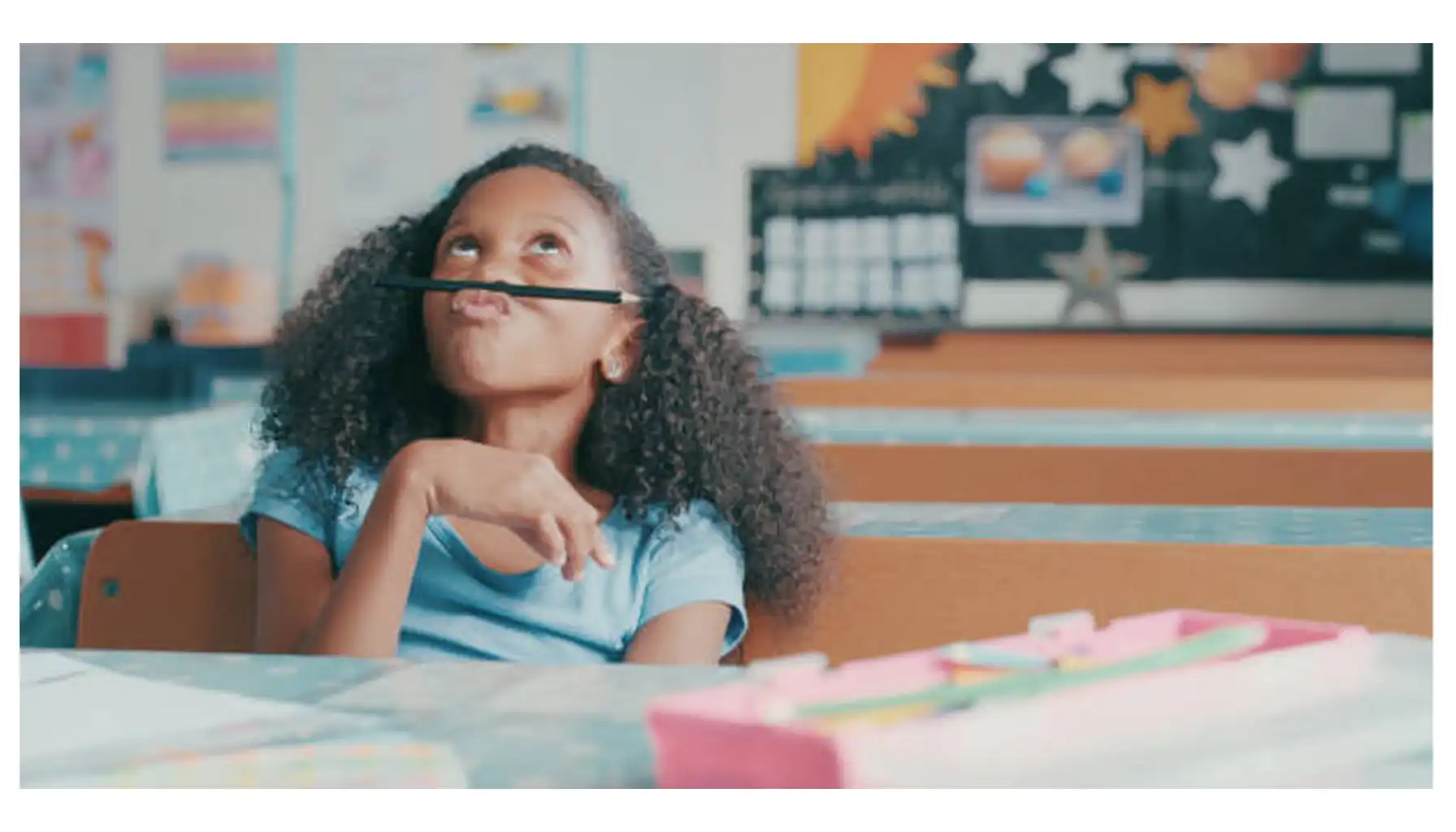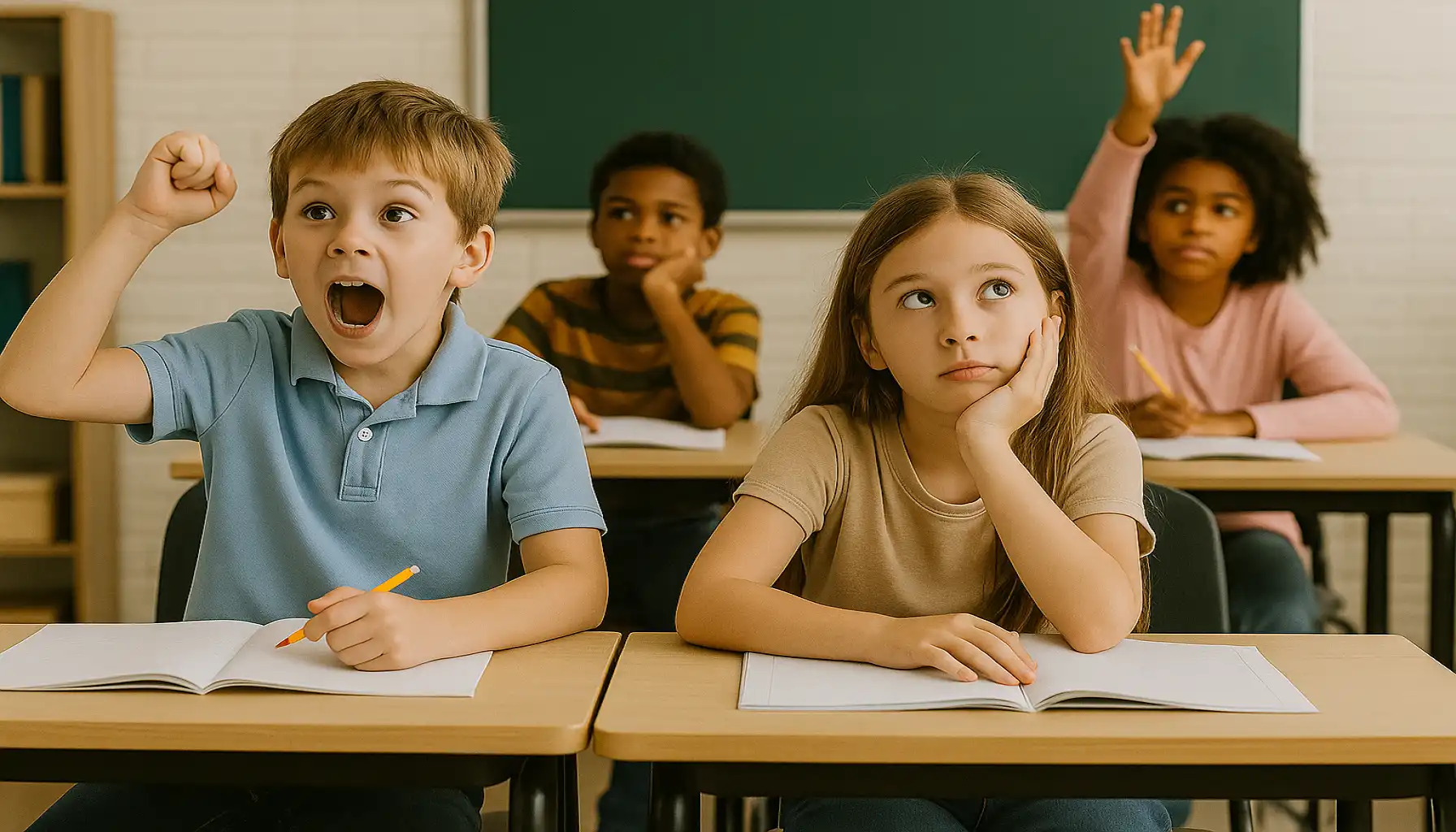Natural Supplements to Treat ADHD: What Parents Should Know

Contents:
Certain conditions, however widespread they may be, can be deeply misunderstood, especially when their symptoms differ from person to person. ADHD, i.e., attention deficit hyperactivity disorder, is a neurodevelopmental disorder that affects each sphere of life, let alone minors who only learn how to manage their emotions, attention, and behavior.
As a concerned parent, you may wonder how to help your child and make their lives a bit less stressful. So, what is safe to do? Which natural supplements for ADHD child should we pay attention to? And how to improve cognitive function without going overboard?

ADHD in Children: Symptoms, Challenges, and What to Know
Attention Deficit Hyperactivity Disorder (ADHD) is one of the most common neurodevelopmental conditions diagnosed in childhood. Although millions of people are well aware of this condition, it is still regularly misunderstood and misinterpreted. Barely do people realize how to treat ADHD properly without causing harm or overlooking the child's specific needs.
Core Symptoms
In fact, ADHD is not genuinely about being physically hyperactive or completely distracted. It is a complex condition that can manifest in as many different ways as there are people affected by it. These are the main symptoms that may signal that something is not right:
Inattention, i.e., trouble staying focused, forgetfulness, making careless mistakes, difficulty following instructions
Hyperactivity, i.e., fidgeting, constant movement, difficulty staying seated, excessive talking
Impulsivity, i.e., interrupting, acting without thinking, difficulty waiting.
It is always about unique combinations that constitute the unique ADHD profiles. Remember that only a qualified professional can make an accurate diagnosis – assumptions or self-diagnosis can do more harm than good.
Challenges in Daily Life
How could children with ADHD suffer? This also depends on a particular person, their unique traits, habits, and lifestyle, not to mention. As a rule, this comes down to struggles to complete homework or chores, frequent conflicts, low self-esteem, constant overwhelming by routines, and the like.
No, it is not about laziness or bad parenting. In turn, it is a biologically based condition that calls for help: a parent must be a supporter who shall find a solution and create a healthy environment for their little ones to thrive.

Treatment Options Beyond Medication
We are not medical professionals and cannot provide specific recommendations on medication for your child. However, there exist various effective approaches that act beyond medication and can support your child’s well-being anyway. Here are a few vital aspects, introduced and elaborately described by J. Gordon in the book The ADD and ADHD Cure: The Natural Way to Treat Hyperactivity and Refocus Your Child. Let us check.
Real Food
Diets are necessary, especially when it comes to managing ADHD symptoms. Minimizing or eliminating processed sugars, artificial flavorings, dairy products, and gluten-containing foods may help reduce hyperactivity and improve concentration after all.
Exercise Therapy
Regular physical activity is also mandatory. Could you imagine a child who is not physically active? Neither could we, for it boosts brain function, too. Any type of exercise increases dopamine levels, which can help improve attention and mood in children with ADHD.
Quality Sleep
Sleep is the foundation for cognitive function and emotional regulation to set up. Children with ADHD often struggle with sleep, but establishing consistent bedtime routines and creating a convenient, appropriate sleep environment can help a little one manage symptoms in the end.
Clear Limits
Finally, children with ADHD thrive in environments where expectations are consistent. Clear rules, structured schedules, and predictable routines help reduce stress, promote setting limits on a voluntary basis, and improve self-regulation as well.
But what about other slightest routines? What could parents introduce to support their children?

Natural ADHD Supplements for Kids
Indeed, there exist thousands of nutritional storages that could be easily used on a daily basis and introduced into any type of daily routine. But anyway, what are the best natural supplements for an ADHD child? Natural ways are the most beneficial, for they can be appealed to at any time.
Be careful: Everyone can be susceptible to allergies, and some ADHD natural supplements should be carefully reviewed and discussed with a healthcare professional before use.
Supplement | Potential Benefits | Key Notes |
Fatty Acids (EFAs) | Shown to reduce anxiety, improve attention, and decrease hyperactivity and defiance. | Found in fish oil; effective doses range 8–16 g/day; can also be obtained through diet. |
Vitamin B6 & Magnesium | Boost serotonin production, reduce hyperactivity, emotional outbursts, and inattention. | Consistent supplementation needed; benefits may fade after stopping treatment. |
Iron & Zinc | Help lower hyperactivity, impulsivity, and social difficulties in deficient children. | Supplement only if blood tests show deficiency; chelated forms improve absorption. |
Calcium & Magnesium | Work together to relax the nervous system and reduce irritability and restlessness. | Particularly helpful for children with low magnesium levels; balanced intake is important. |
Acetyl-L-Carnitine (ALC) | Supports brain energy metabolism; may reduce impulsivity and aggression. | More bioavailable than L-carnitine; promising, but with limited human studies. |
L-Tyrosine | Precursor to dopamine and norepinephrine; may improve focus in about 5–10% of ADHD cases. | Best for those with neurotransmitter metabolism issues; should be used under medical supervision. |
Glycine | Acts as an inhibitory neurotransmitter to calm aggression and anxiety. | Evidence is limited; safety and effectiveness in children need further study. |
Ginseng | Contains neuroprotective compounds that may elevate dopamine and norepinephrine levels. | Shows promise as a safe adjunct therapy; product quality and dosage vary widely. |
One More Thing…
Nevertheless, treatment should be extended even outside the medical environment and daily traditions. This may also affect the way you have fun! Here is a tool that combines both educational, therapeutic content and engaging games that have been designed to help improve focus, cognitive function, and emotional regulation through personalized brain training exercises. This is Mind Elevate.
Mind Elevate may serve as a complement to other treatments that would support your children in acquiring new skills and improve concentration through the games. Should you be looking for a safe but efficient solution to manage ADHD symptoms in the most subtle way, meet Mind Elevate and have fun together.
Also read: Adult ADHD Treatment.
Children with ADHD should never feel like they are at fault. The most appropriate thing a parent should do is help them go through such conditions with grace and never give up. Consistent routines and your unhesitating support make all the difference.





